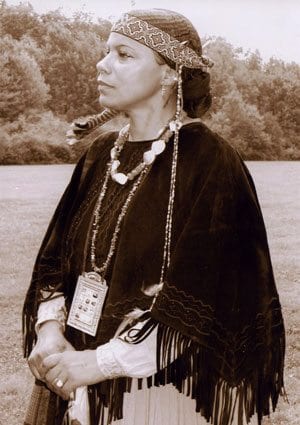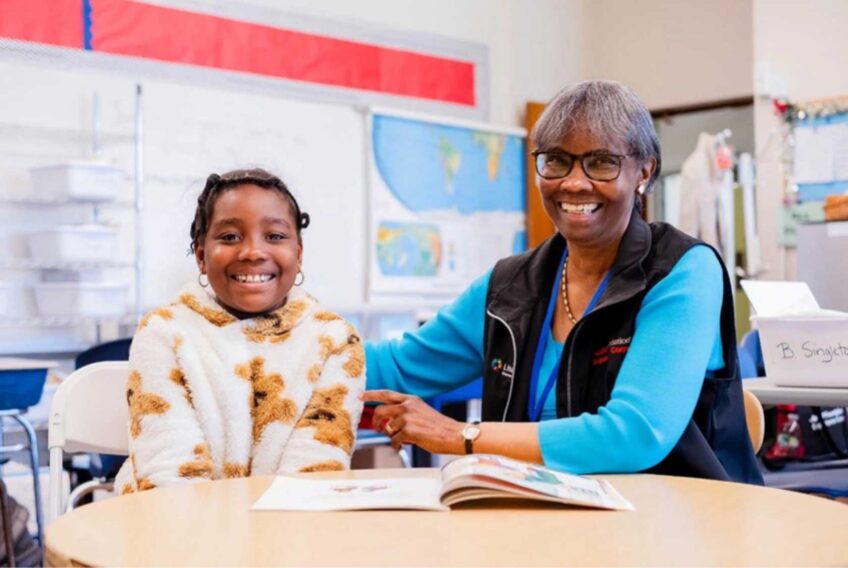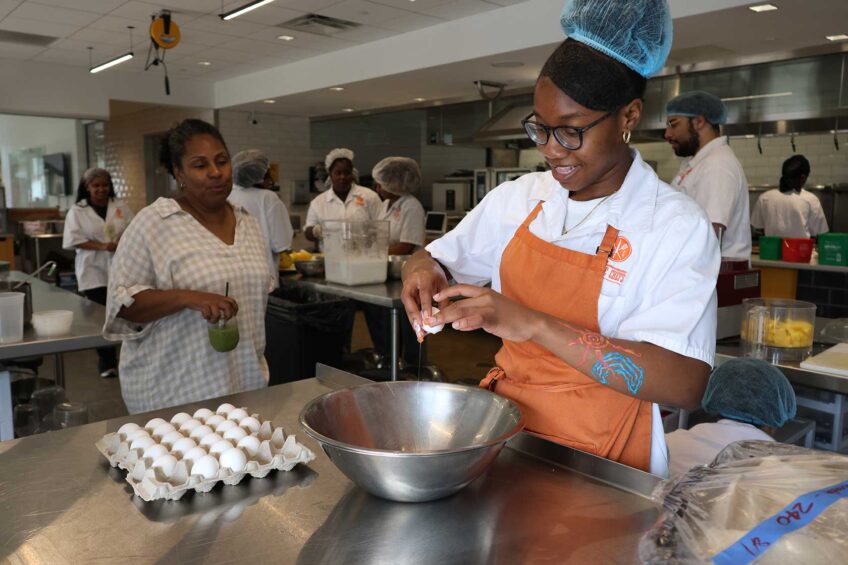
More than 300 years have passed since the Rev. John Eliot, pastor of the First Church in Roxbury, translated the Bible into the language of the Massachusett tribe and taught scripture to Native Americans living in “Praying Indian” settlements scattered on the fringes of the young colony.
When warfare broke out between colonists and tribes threatened by encroachments on their land, the Praying Indians supported their Christian brethren. That didn’t save them in the last gasps of the bloody King Philip’s War from being rounded up and sent to an internment camp on wind-swept Deer Island in Boston Harbor, with little food or fuel to sustain them during the bitter cold winter of 1675.
Their ranks decimated, the survivors returned with the help of Eliot, “The Apostle to the Indians,” to live in their villages, with the largest settlement located in Natick.
In spite of their treatment, Praying Indians continued to support the colonists. The first martyr to American liberty was Crispus Attucks, the son of a Natick Praying Indian mother and a free black man, who fell to British musket fire at the Boston Massacre in 1770. More than 20 Natick Praying Indians served under the command of George Washington in the Revolutionary War.
Every year, Natick Praying Indians participate in the annual Faneuil Hall commemoration of the Boston Massacre by the Boston Equal Rights League, the civil rights organization founded by pioneering black journalist William Monroe Trotter.
Naticksqw, the hereditary chief or sachem of the Natick Praying Indians, brings singers and drummers from her 60-member tribe to the March 5 ceremony to honor Attucks and the link to Boston’s African American community. “Our peoples are joined by suffering but also by hope,” said Chief Caring Hands. “We need to preserve the links that tie us together.”
More than history joins the Native American and black communities. Intermarriage between Indians and African Americans was common over the centuries. Some, like Naticksqw, have Portuguese and other European forebears as well as the blood of Africa flowing in their veins.
The chief, a 60-year-old grandmother with an unlined face and an unruffled bearing, lives in Stoughton, or, as she calls it, Ponkapoag, one of the original 14 Praying Indian settlements. She cares for the spiritual and physical needs of her tribe, who live throughout the Boston area, and speaks frequently to school and civic groups to teach the hidden and living history of Native Americans.
While many U.S. tribes receive assistance from the federal government, the Natick Praying Indians have not sought federal recognition nor do they plan to. “We don’t need it,” she says. “We know who we are.”
The Mashpee and Aquinnah Wampanoag tribes of Massachusetts both won federal recognition after decades of battling Washington bureaucracy. While receiving federal benefits, they are also involved in strategies to receive casino licenses, which Naticksqw says doesn’t interest her tribe. “As a Praying Indian following the tenets of Yeshua of Nazareth, there is no room for a casino because we believe it violates His teachings,” says the chief, fingering a crucifix around her neck.
“I’m not saying it’s wrong for traditional tribes to go after casinos. They have found the buffalo that cannot be shot from the train and I have to honor my brothers and sister.”
Competing claims over the true heirs of the legacy of the Praying Indians have caused tensions at times between Naticksqw’s tribe and the Wampanoags on the Cape and Martha’s Vineyard, but the most visible controversy involving Chief Caring Hands came in the 2007 fight over the Natick Public Schools’ “Redmen” mascot.
In a dramatic public address before the Natick School Committee, she implored the town to abandon the mascot, describing how it offended descendants of those the town thought it honored with the symbol of the fighting chief. In spite of objections that such a move would be an unnecessary surrender to political correctness, her moving personal story carried the day. The school board voted 4-3 to retire the Redmen. The town teams now take to the field as the Red and the Blue.
“I simply stood up and told the truth,” she said. “They listened.”
Events coming up this month provide an unusual opportunity to learn more about the history and the living culture of the Natick Praying Indians.
“Song on the Wind,” a musical drama marking the 375th anniversary of Concord’s founding, covers the first 50 years of the town’s history, with a focus on contacts between the pioneering settlers and the Praying Indians who welcomed them. The musical runs from Sept. 10 to Sept. 19 at the Emerson Umbrella for the Arts theater in Concord.
The chief calls the musical narrative, the result of careful research of the history of cooperation and conflict between settlers and natives, “a story held mute too long.”
On Sept. 25 and Sept. 26, the Natick Praying Indians will hold their annual powwow at Cochituate State Park on the Natick/Wayland line from noon to 5 p.m. Events will include storytelling, dancing, drumming and face-painting. Native vendors will offer food and crafts to visitors during the free admission weekend.
The sachem will be signing copies of her recently published book during the powwow. “The Words of the Father” serves as both a warning of the misdirection of modern life and a personal reflection on the lessons of nature and God’s word.
For more information about the Natick Praying Indians, visit www.natickprayingindians.org.






